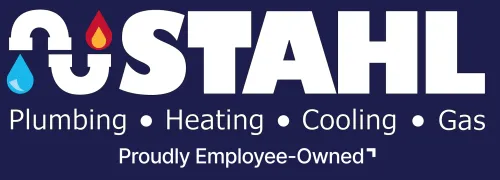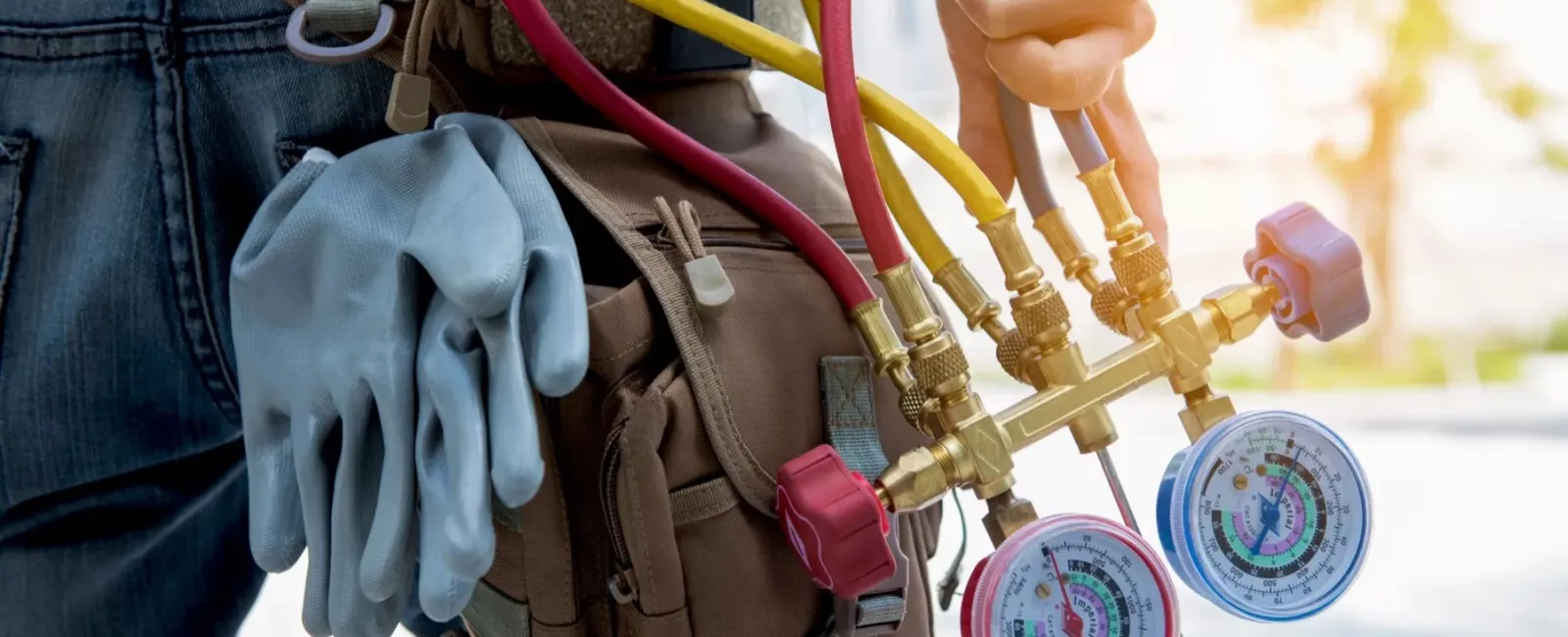 You expect to have good water pressure every time you turn on a faucet, but when there is a drop in pressure, you need to find out why. There are several reasons for low water pressure. Some water problems might be able to be fixed by you, but in most cases, a plumber should be called to fix the problem.
You expect to have good water pressure every time you turn on a faucet, but when there is a drop in pressure, you need to find out why. There are several reasons for low water pressure. Some water problems might be able to be fixed by you, but in most cases, a plumber should be called to fix the problem.
Faulty Water Fixtures
Not all water fixtures are created equal. A showerhead is notorious for getting clogged with lime from hard water. As the nozzles get narrower, the water pressure is lowered. It might be time to replace the showerhead with a new one that's less likely to clog up. If a faucet spout is clogged, check the screen to see if it's clogged with sand or lime. If the hot or cold water faucet runs slow, check to make sure the valve under the sink is completely open. If the valves are wide open and the pressure is too low, there is a problem elsewhere that probably needs a call to a 24-hour emergency plumbing service.
Water Valve and Pressure Regulator
The water valve has a shutoff that is located where the water line comes into your house. Make sure this valve is fully open. If the problem is on the city side of the meter, you might need to call your water utility to see if there was maintenance done and they overlooked opening the water valve all the way. Some homes are equipped with pressure regulators that keep the water pressure from damaging your pipes and fixtures. If the regulator is causing low water pressure, hiring a professional 24-hour emergency plumber in Pittsburgh, PA, is the safest way to have the regulator changed.
Clogged or Corroded Water Pipes
 If a plumbing service has eliminated low water pressure caused by fixtures, valves, or regulators, then the next possibility is a clogged pipe. Plunging a plugged toilet is done every day by the homeowners, but there could be danger in trying to unclog a potable water pipe yourself. Contamination of your drinking water could happen if it's not done properly.
If a plumbing service has eliminated low water pressure caused by fixtures, valves, or regulators, then the next possibility is a clogged pipe. Plunging a plugged toilet is done every day by the homeowners, but there could be danger in trying to unclog a potable water pipe yourself. Contamination of your drinking water could happen if it's not done properly.
A licensed plumber can determine if you have a single clogged pipe, or if the pipes are corroded. If your house is 50 or more years old, the galvanized pipes could have begun to deteriorate and corrode inside. If this is the problem, it is not an easy fix. Your water pipes will all need to replaced. Newer houses are plumbed using copper pipes or PVC and CPVC, depending on local building codes. The copper won't corrode like galvanized pipe. Copper pipes are easier to bend and work with, and copper doesn't rust or grow bacteria, making it ideal for drinking water. Call Stahl Plumbing, your 24/7 emergency plumbing service in Pittsburgh, PA, for a complete examination of your water pipes and a quote to replace any corroded pipes with new copper or PVC pipes.

